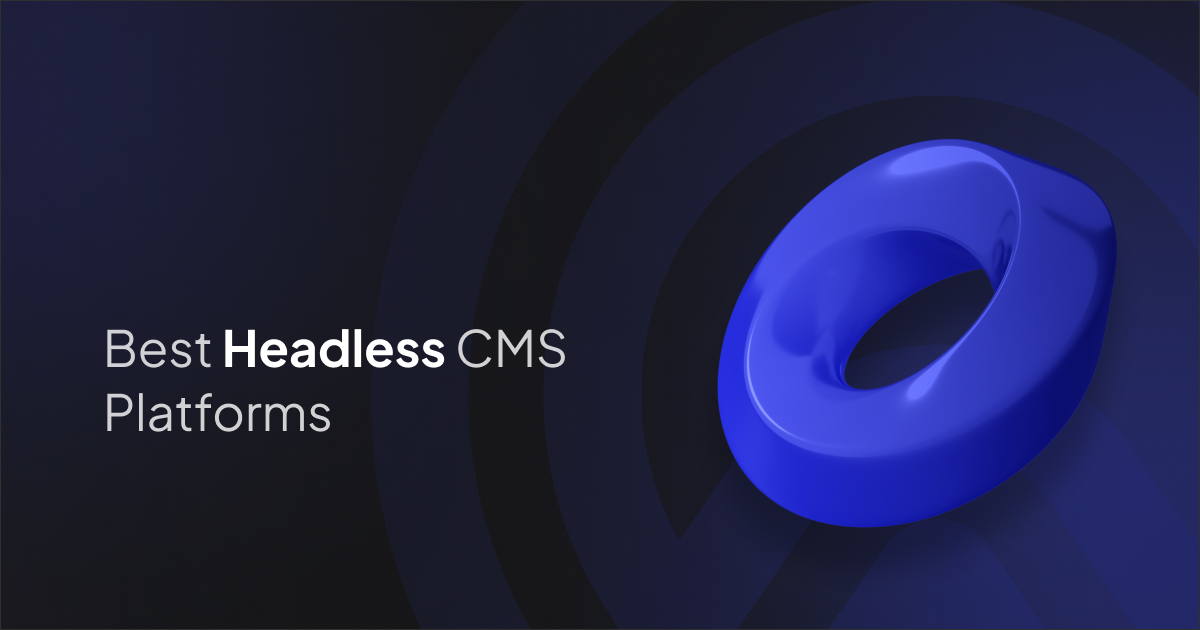Strapi is an open-source headless CMS that provides flexible and granular user roles and permissions. Administrators can define roles for editors, developers, and other stakeholders, controlling access to specific content types or API endpoints. Its self-hosted nature allows teams to fully customize permissions according to project needs.
Key Features:
- Granular roles and permissions management
- Self-hosted or cloud deployment options
- API-first with REST and GraphQL support
- Extensible plugin ecosystem
Contentful
Contentful offers a robust user management system with role-based access control (RBAC). Teams can assign permissions for content editing, publishing, or administrative tasks. Contentful’s cloud-based infrastructure ensures that these settings scale across multiple projects and teams.
Key Features:
- Role-based access control (RBAC)
- Team management and collaboration tools
- API-first with GraphQL and REST endpoints
- Localization and multi-space support
Sanity
Sanity provides a highly flexible permissions model. Developers can create custom roles for content creators, reviewers, and admins. Its real-time collaboration capabilities combined with structured roles make it ideal for teams managing complex digital projects.
Key Features:
- Customizable roles and access levels
- Real-time collaboration and content editing
- API-first with GraphQL and GROQ queries
- Scalable for enterprise-level projects
Storyblok
Storyblok combines a visual editor with granular user management. Administrators can assign permissions based on content types or specific projects, allowing teams to work efficiently without risking unauthorized changes. Its component-based approach ensures secure reuse of content modules across multiple pages and projects.
Key Features:
- User roles and project-level permissions
- Visual editor with workflow control
- API-first architecture for developers
- Multilingual and localization support
Payload CMS
Payload CMS offers an advanced roles and permissions system that allows developers to define custom access controls at the collection and field levels. This makes it suitable for complex enterprise applications where precise control over content and API access is essential.
Key Features:
- Field-level and collection-level permissions
- Fully customizable roles for teams
- Self-hosted with API-first architecture
- Strong TypeScript support for developers
Why Roles & Permissions Matter
User roles and permissions ensure secure and efficient collaboration. By defining who can access, modify, and publish content, teams reduce errors, maintain content integrity, and comply with organizational policies. Platforms like Strapi and Payload CMS offer deep customization for developer-heavy teams, while Contentful, Sanity, and Storyblok provide scalable, cloud-based solutions for marketing and editorial teams.
Implementing a CMS with robust user management simplifies workflow automation, content approval processes, and audit trails. This is particularly important for larger organizations or projects with multiple contributors across different departments or regions. Choosing the right platform depends on your project’s complexity, technical stack, and need for flexibility versus out-of-the-box solutions.
Leveraging these headless CMS platforms allows businesses to streamline content operations, protect sensitive data, and empower both technical and non-technical users to collaborate effectively. By integrating structured roles and permissions, organizations can deliver consistent, secure, and scalable digital experiences across multiple channels.
Page Updated: 2025-09-09




















